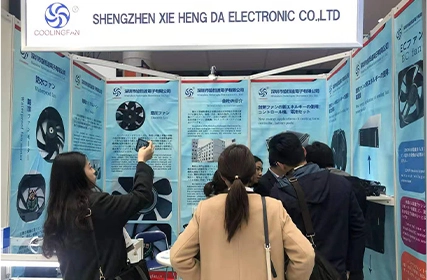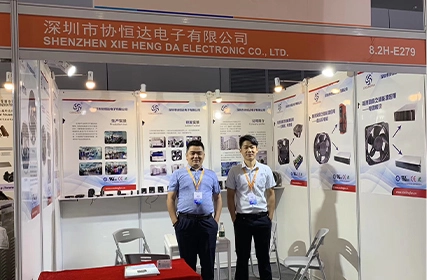Car engine cooling systems play a vital role in maintaining optimal operating temperatures for the engine, preventing overheating and potential damage. Traditionally, these systems have relied on mechanical controls, but with the advancement in technology, integrating smart controls has become increasingly popular. Smart controls offer several benefits, including enhanced efficiency, improved performance, and optimized power consumption. In this article, we will explore the integration of smart controls in car engine cooling systems, focusing on advanced sensor networks, adaptive fan speed control, and energy-efficient fan operation.
Advanced Sensor Networks with the Car Engine Cooling Fan
One of the key aspects of integrating smart controls in car engine cooling systems is the use of advanced sensor networks. These sensors provide real-time data about the engine temperature, coolant flow, and other parameters that are crucial for maintaining optimal cooling levels. By continuously monitoring these parameters, the smart car engine cooling fan can make informed decisions regarding the operation.
The integration of sensor networks allows for precise temperature control, ensuring that the engine operates within the recommended temperature range. This not only prevents overheating but also helps to improve fuel efficiency and reduce emissions. Additionally, sensor networks can detect any abnormalities or malfunctions in the cooling system, allowing for timely repairs and preventive maintenance.
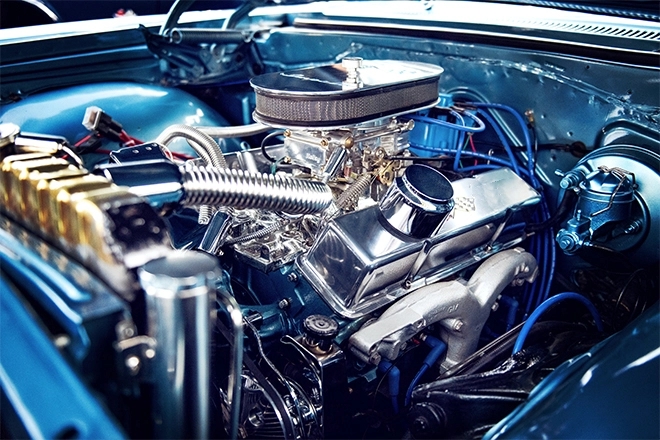
Adaptive Car Engine Cooling Fan Speed Control: Dynamic Response to Thermal Needs
The conventional cooling fan in a car engine runs at a fixed speed, regardless of the engine's thermal requirements. This results in excessive power consumption and unnecessary noise generation. However, by integrating smart controls, the cooling fan's speed can be dynamically adjusted based on the engine's thermal needs.
The smart car engine cooling fan receives inputs from the sensor network and calculates the optimal fan speed required to maintain the desired temperature. As the engine temperature increases, the car engine cooling fan increases the fan speed to provide additional cooling. Similarly, when the engine is operating at lower temperatures, the fan speed is reduced to conserve power.
This adaptive fan speed control not only improves the efficiency of the car engine cooling fan but also reduces noise levels. The fan operates at optimal speeds, minimizing excess noise generated by high-speed operation, thus enhancing the overall driving experience.
Energy-Efficient Car Engine Cooling Fan: Optimizing Power Consumption
Integrating smart controls in car engine cooling systems also allows for energy-efficient fan operation. By optimizing power consumption, these systems help to reduce fuel consumption and decrease the environmental impact.
The automotive cooling fan uses algorithms to determine the minimal fan speed required to maintain the engine temperature within the desired range. By running the fan at the lowest necessary speed, power consumption is reduced. This not only saves fuel but also extends the life of the cooling system components.
In addition to optimizing power consumption, smart controls also enable the utilization of alternative power sources for the cooling fan. This includes the integration of electrically driven fans that can be powered directly from the car's electrical system or hybrid powertrains. These alternatives reduce reliance on the engine's mechanical power, further enhancing fuel efficiency.
Integrating the car engine cooling fan in car engine cooling systems offers numerous benefits, including enhanced efficiency, improved performance, and optimized power consumption. Advanced sensor networks provide real-time data, allowing for precise temperature control and early fault detection. Adaptive fan speed control responds dynamically to thermal needs, optimizing cooling performance and reducing noise levels. Additionally, energy-efficient fan operation minimizes power consumption, reducing both fuel consumption and environmental impact. By embracing these advancements, car manufacturers can offer more efficient and eco-friendly vehicles, providing a better driving experience for consumers.


 EN
EN 

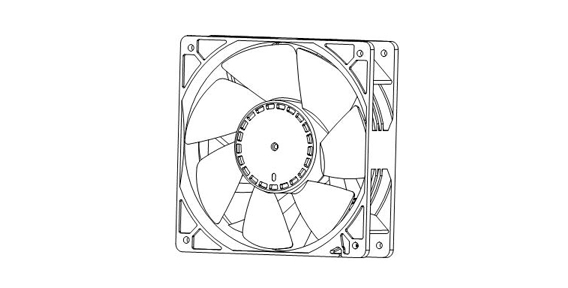 +
+
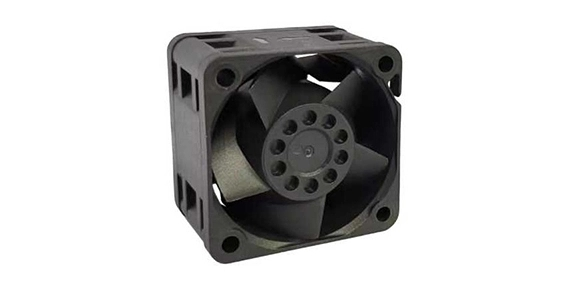 +
+
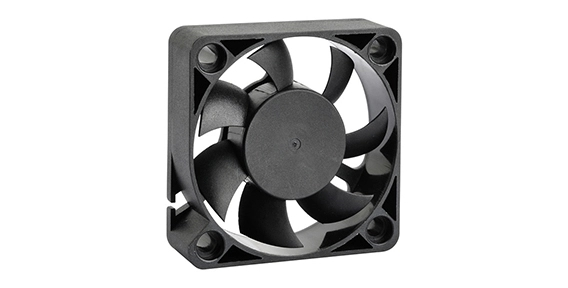 +
+
